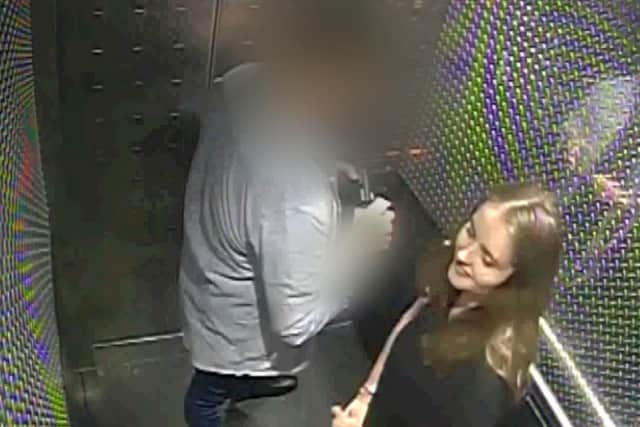Man who killed British backpacker jailed for life - so why can't he be named?
and live on Freeview channel 276
The 28-year-old, who cannot be named for legal reasons, was handed the sentence at Auckland High Court.
He strangled Ms Millane in a hotel in Auckland after meeting her via Tinder on December 1, 2018 - the day before her 22 birthday.
Advertisement
Hide AdAdvertisement
Hide AdHer body was later found buried in a suitcase in a forested area outside the city in New Zealand.


The defendant claimed Ms Millane died accidentally after the pair engaged in rough sex that went too far.
A jury in November rejected that argument and found the man guilty.
Jailing him for life with a minimum term of 17 years, Mr Justice Simon Moore told the murderer his actions amounted to ‘conduct that underscores a lack of empathy and sense of self-entitlement and objectification’.


So why can’t the man be named?
Why was Grace Millane's murderer granted anonymity?
Advertisement
Hide AdAdvertisement
Hide AdThe reasons for the so-called suppression order, like the name of the killer himself, cannot be given for legal reasons.
Under what circumstances can someone be given anonymity?
New Zealand law says that the court has to be satisfied that publication of the person's identity would cause hardship to the person charged, create a risk of prejudice to trial, or endanger the safety of any person as among the eight reasons for suppressing a defendant's identity.
Why wasn't the murderer identified when they were convicted or sentenced?
Simply, because the order remains in place until the judge says it is lifted.
What punishments are there for those who breach the order?
Advertisement
Hide AdAdvertisement
Hide AdUnder the Criminal Procedure Act, punishments can include a six month jail sentence and a fine of up to 100,000 New Zealand dollars (£49,000).
How are things different in the UK?
Defendants are only granted anonymity in a number of instances by British courts, including where they are under 18.
The Millane family have now set up a charity in her memory, called Love Grace, where handbags and toiletries are collected for domestic abuse victims.
The project is now running in the US, Canada, New Zealand and Britain.
